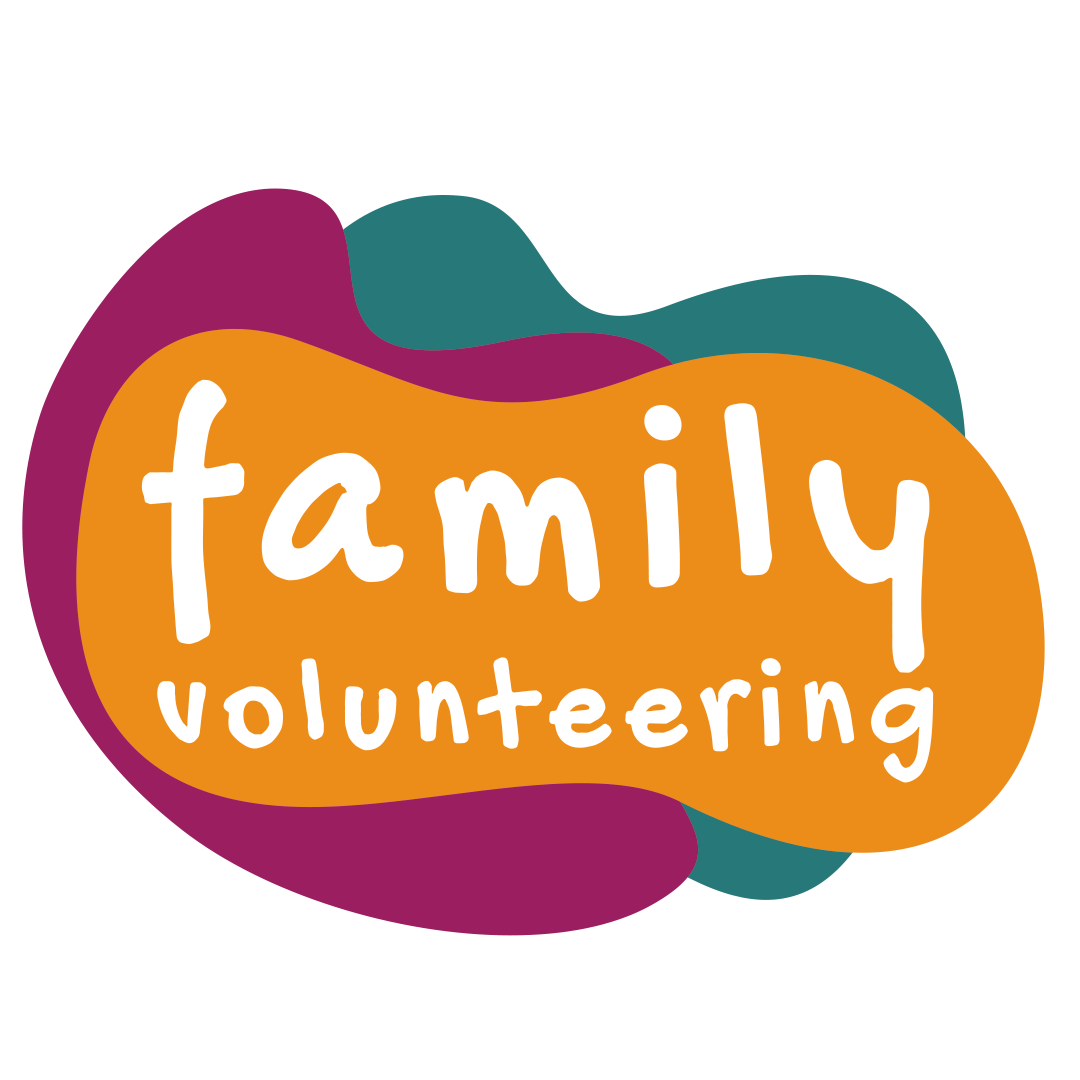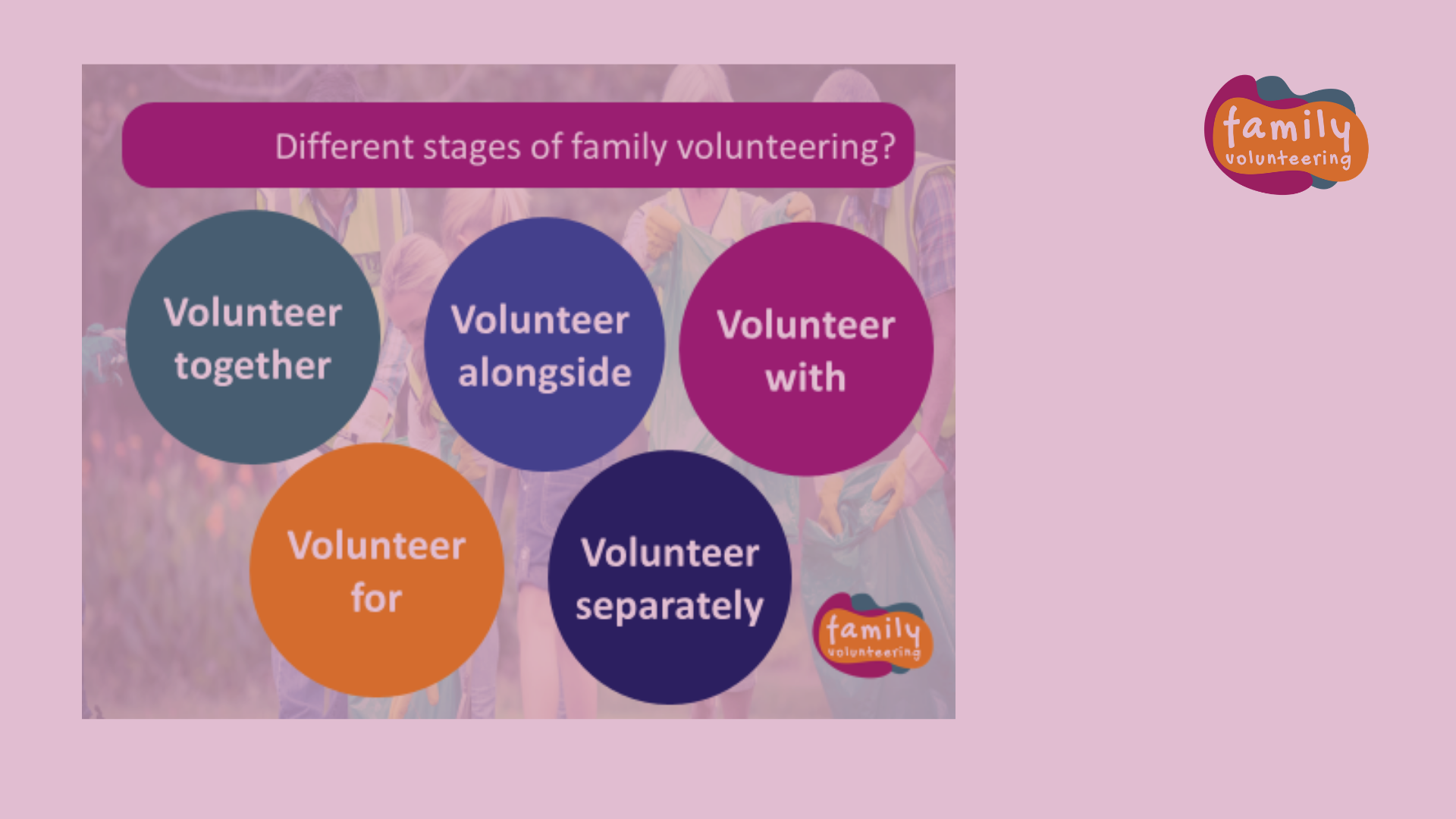Family volunteering is a form of volunteering which involves more than one person in a household or extended family volunteering together. In this context, family is defined as any group of two or more people that considers itself to be a family, such as parents, children, siblings, foster parents, grandparents, aunts, uncles, cousins, friends or partners. Family members may also come from different generations, in combinations such as parent/child or grandparent/parent/child, or from the same generation, such as adult partners, brother/sister or any other combination of two or more people.
Although it has all the principles of any other type of volunteering where volunteers contribute and engage regardless of their socio-economic status, education, cultural background, age or gender, family volunteering is specific because of its concept, which emphasizes togetherness and enhanced opportunities for building relationships among family members.
There is a long list of benefits for both family members and families, but also for local organisations and communities. Organisations benefit by reaching multiple generations with their mission and building a larger base of support. Benefits for local communities are bringing people together, creating shared understanding and connection, while increasing the accessibility of volunteering and service. Ultimately, it benefits families and family members by helping them in socialisation and interconection while creating positive role models for children and youth.

